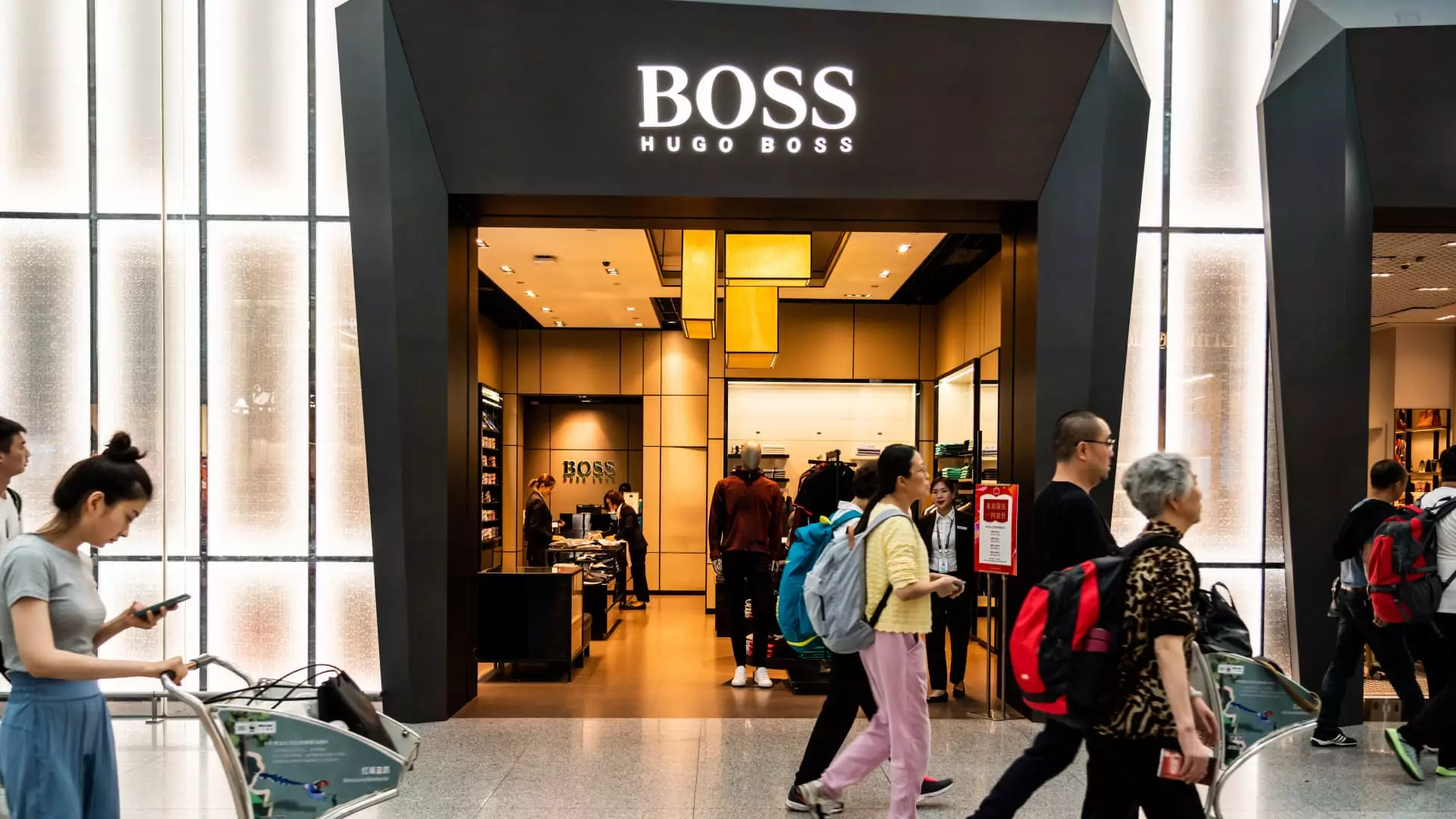The recent plunge in Hugo Boss shares, declining as much as 10%, can be attributed to the company cutting its sales outlook for the year. The German fashion house reduced its sales forecast to up to 4.35 billion euros from the previous estimate of up to 4.45 billion euros. This adjustment is a clear indication of the challenges faced by high-end fashion brands in the current economic and geopolitical landscape.
Market Challenges in China and the U.K.
Hugo Boss mentioned that persistent macroeconomic and geopolitical challenges, specifically in China and the U.K., were major factors contributing to the revised sales outlook. These markets have proven to be particularly challenging for the company, leading to a decline in group sales and operating profit in the second quarter of the year.
Strategic Investments and Growth Prospects
Despite the gloomy forecast, Hugo Boss CEO Daniel Grieder remains optimistic about the company’s future growth prospects. He expressed confidence in the ability of the brand to drive above-trend growth and capture further market share by consistently investing in the strong brands, BOSS and HUGO. The company aims to return to profitable growth in the second half of the year, signaling a long-term strategic approach to overcome current challenges.
Macro and Geopolitical Concerns in the Luxury Sector
Hugo Boss is not the only high-end fashion brand facing difficulties in the luxury sector. Burberry and LVMH have also reported a slowdown in sales, reflecting broader macroeconomic and geopolitical concerns. The recent performance of these companies underscores the impact of global uncertainties on consumer spending patterns and luxury demand.
The Chinese market, once a key driver of growth for luxury brands, has experienced a slump in sales due to the ongoing macroeconomic challenges and the aftermath of the pandemic. However, there are indications that Chinese shoppers are once again making big-ticket purchases overseas, leading to a shift in luxury demand patterns. Countries like Japan have become increasingly popular among Chinese travelers, highlighting the evolving dynamics of the Asian luxury market.
The market reaction to Hugo Boss’ sales outlook cut was swift, with shares plunging and investor sentiment turning cautious. The downward trend in share prices suggests a need for reassessment of growth expectations and risk factors associated with the luxury sector. As the company navigates through volatile market conditions, investor confidence will play a crucial role in determining its future performance.
The challenges faced by Hugo Boss reflect wider trends in the luxury sector, where macroeconomic uncertainties and shifting consumer behaviors are reshaping industry dynamics. By adopting a strategic approach to investments and growth, the company aims to weather the storm and emerge stronger in the long run.

